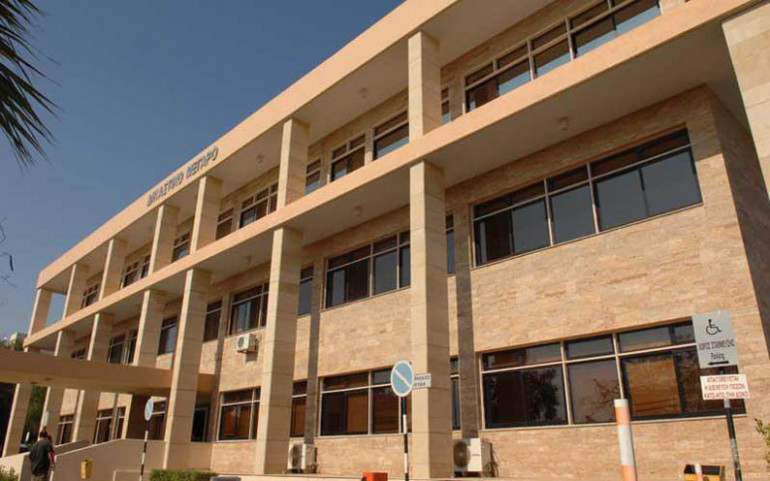A 31-year-old Ukrainian woman who is accused of transferring a total of €8 million to Cyprus in recent months appeared before the Larnaca district court on Thursday and was ordered to remain in custody until April 17, when she will appear before the criminal court to respond to 60 charges related to money laundering.
The woman’s defence attorneys objected to her further detention, but their objections were dismissed.
The case, which has been transferred from Nicosia to Larnaca following instructions from the Legal Service, aims to shed light on the suspicious movement of large sums of money through the Larnaca airport.
The woman was arrested for money laundering and remanded after reporting that she had been robbed of €420,000 in cash.
According to reports, testimonies were obtained that, before police arrived at the scene, the woman entered a restaurant and handed a paper bag containing money that had fallen to the ground during the robbery to an unknown person.
She has refused to name the person to whom she allegedly handed the money.
The 31-year-old is accused of conspiracy to commit a crime, legitimisation of income from illegal activities and false declaration of information.
The offences were allegedly committed between August 2023 and March 1, 2024, involving the transfer of a total amount of eight million euros to Cyprus.
The woman declared the money to the customs department on her arrivals to the island, but police now believe her explanations for the money to be “insufficient”.
More specifically, she said the sum of money corresponded to the amount of a loan she had taken out to buy a residential unit in Cyprus. However, when interrogated, she gave a different version to police investigators, saying that the amount came from her personal savings.
The contradictions triggered the police to start looking into a case of money laundering involving other people.
The case is also being investigated by the Larnaca anti-money laundering unit (Mokas).
Although Mokas deals primarily in offences involving financial transactions that leave traces in the financial system, such as bank transfers, rather than gross cash sums, it will nevertheless be able to request assistance from similar bodies operating in other countries, in order to be able to access international databases.







Click here to change your cookie preferences